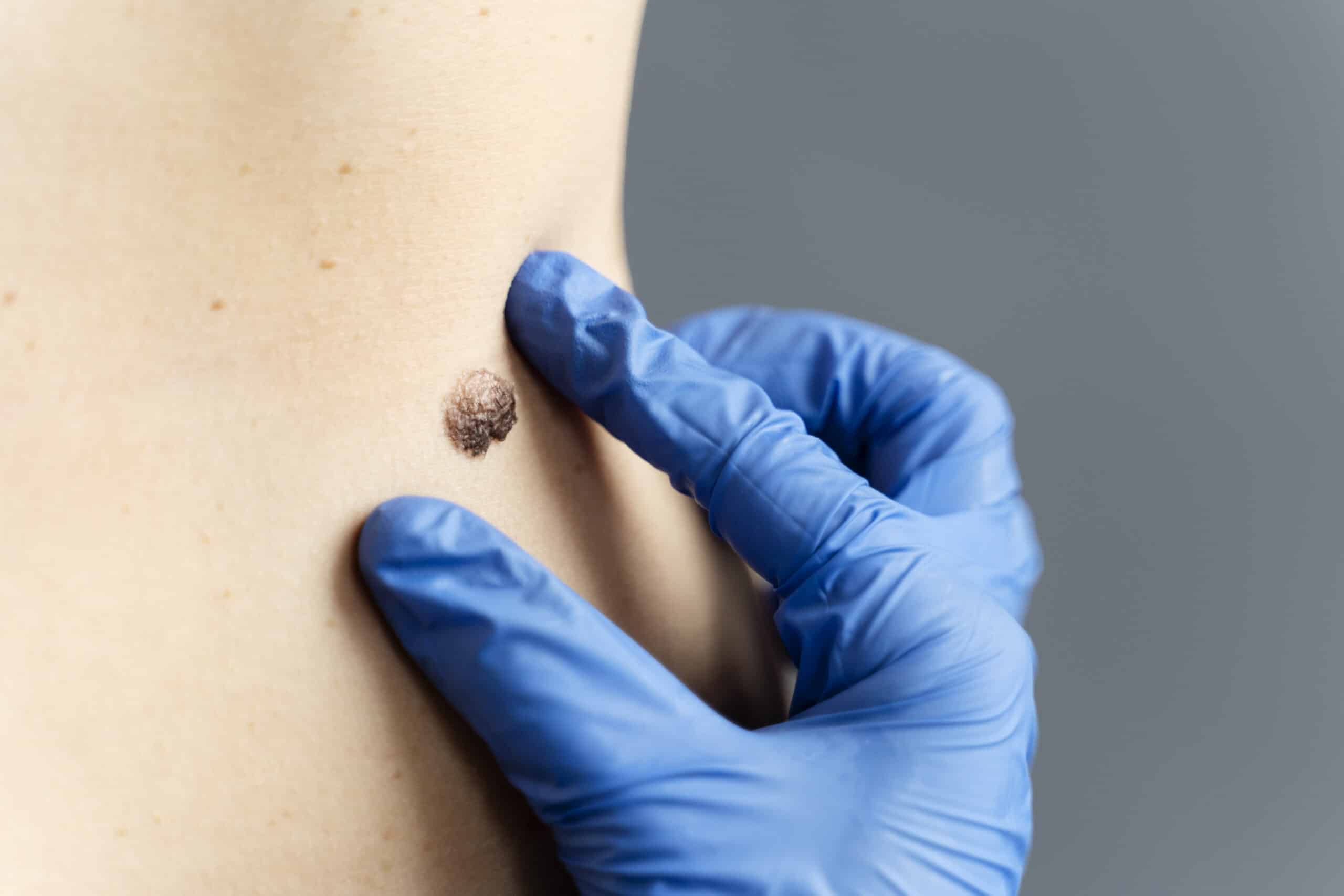The Importance of Skin Cancer Detection
Skin cancer is one of the most common types of cancer, yet it is also one of the most preventable. With regular skin checks and mole checks, early detection of skin cancer becomes possible, significantly improving the chances of successful treatment.
Australia has one of the highest rates of skin cancer in the world, making it essential for individuals to be proactive about their skin health. Frequent sun exposure, a history of sunburns, and a fair skin type can increase the risk of developing skin cancer. However, early detection of skin cancer can make all the difference in treatment and recovery.
Why Early Detection of Skin Cancer Matters
The earlier skin cancer is identified, the better the outcome. Many forms of skin cancer, including melanoma, can spread if left untreated. However, when caught early through skin cancer screening, the chances of recovery increase significantly.
Regular skin health checkups can help you stay on top of any changes in your skin. By scheduling a dermatologist skin check, you are taking proactive steps to protect your health. A professional can assess your risk factors, monitor any suspicious spots, and provide expert advice on sun protection and lifestyle changes to reduce your risk of skin cancer.
The Role of Mole Checks in Skin Cancer Detection
Moles are common, but changes in their size, colour, or shape could indicate potential skin cancer. Knowing the signs of skin cancer and keeping an eye on your moles can make a significant difference.
A professional mole check with a healthcare provider allows for a thorough examination of any suspicious spots. Dermatologists are trained to identify melanoma and other skin cancers early, making regular screenings essential. It is important to check your skin at home between professional screenings, looking for any unusual changes in size, shape, colour, or texture of moles.
What to Expect During a Skin Cancer Screening
A skin cancer screening is a painless and straightforward process. A dermatologist or GP will carefully examine your skin, paying close attention to any changes in moles or unusual spots.
If any irregularities are found, further tests, such as a biopsy, may be recommended to determine if the spot is cancerous. This proactive approach ensures that any potential skin cancer is detected and treated as early as possible.
How Often Should You Have a Skin Health Checkup?
It is recommended to have a skin health checkup at least once a year, especially if you have fair skin, a history of sun exposure, or a family history of skin cancer. If you notice any changes in your skin, book a dermatologist skin check immediately.
Take Control of Your Skin Health
Prevention and early detection of skin cancer can save lives. Regular mole checks and skin checks should be a priority, particularly for those at higher risk. Book a skin cancer screening today and take a crucial step toward protecting your health. Contact us and speak to one of our team for more information.





